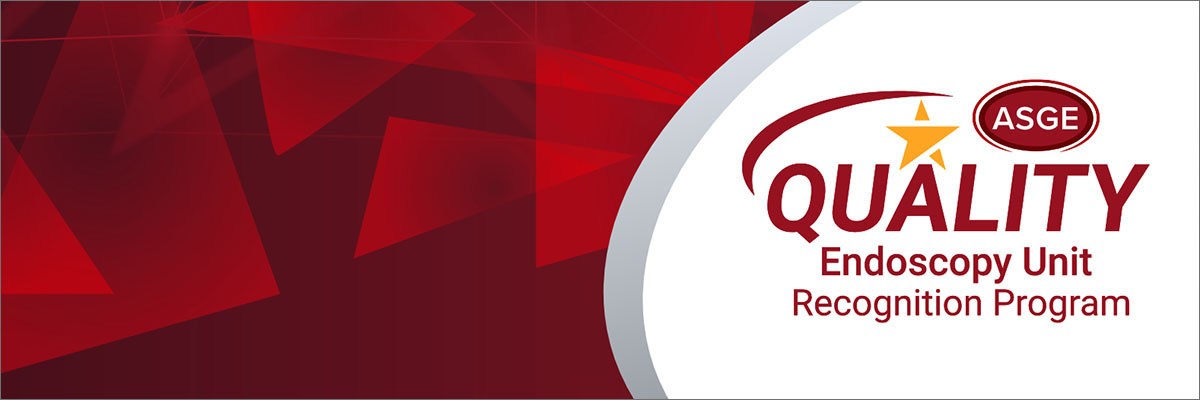Appropriate scheduling of endoscopy patients in an ASC is critical in providing safe quality care. Rescheduling due to patient complexity is costly to the patients, families and ASC. Patients performed colon preparations, found transportation and took time off work. With limited resources that an ASC can offer, it is essential that the most appropriate care is provided to the most appropriate population.

Successful applicants to the ASGE Endoscopy Unit Recognition Program (EURP) submit a summary of a recently conducted quality improvement (QI) project as part of the application process. The QI project in the spotlight this month looked at appropriate scheduling of endoscopy patients in an ambulatory surgery center (ASC).
DEFINE
Appropriate scheduling of endoscopy patients in an ASC is critical in providing safe quality care. Rescheduling due to patient complexity is costly to the patients, families and ASC. Patients performed colon preparations, found transportation and took time off work. With limited resources that an ASC can offer, it is essential that the most appropriate care is provided to the most appropriate population.
MEASURE
After a baseline analysis in the fourth quarter of 2022, interventions for improving procedure cancellations, based on patient complexity, were implemented in the first quarter of 2023. Data collected for measuring the intervention impact included the quantity of procedures reviewed by certified registered nurse anesthetists (CRNAs), the number of patients cancelled prior to appointment and reduction of same-day cancellations.
ANALYZE
Same-day cancellations, based on qualifying ASC criteria, were analyzed for improvement from 1Q23 compared to baseline. Ongoing discussions between the nursing staff, CRNAs and the director of nursing occurred to identify potential improvement opportunities. Data collected included completed preoperative calls, patient review by a CRNA, reduction of cancellations reported, and cases requiring a higher level of care.
IMPROVE
Interventions were implemented in collaboration with our CRNAs, nursing staff and electronic health record (EHR) vendor. This allowed for review of a patient's medical history, medication list, procedural testing and provider visits. Once patients were identified as questionable in meeting criteria for the ASC, the CRNAs reviewed the medical record and made final determination for procedural location. Baseline results showed five patients presenting to the ASC and requiring cancellation or procedural relocation. After improvement implementation, this number decreased to one. Results showed that 91 percent of patients were contacted preoperatively. CRNAs reviewed 11.43 percent of those patients, with 36.00 percent of reviewed patients requiring a hospital setting or procedure postponement.
CONTROL SUMMARY
The initiation of the EHR and the process of CRNA review prior to patient procedures will continue to be monitored, and further opportunities for improvement will be identified.
We hope sharing this project summary will be useful to you and your practice. Learn more about gaining honoree status in the ASGE Endoscopy Unit Recognition Program. EURP honoree units may use the ASGE Quality Star logo in promotion of their units, receive premium educational content bimonthly via an exclusive e-newsletter, The Huddle, and enjoy a range of additional benefits. Questions should be directed to eurp@asge.org.